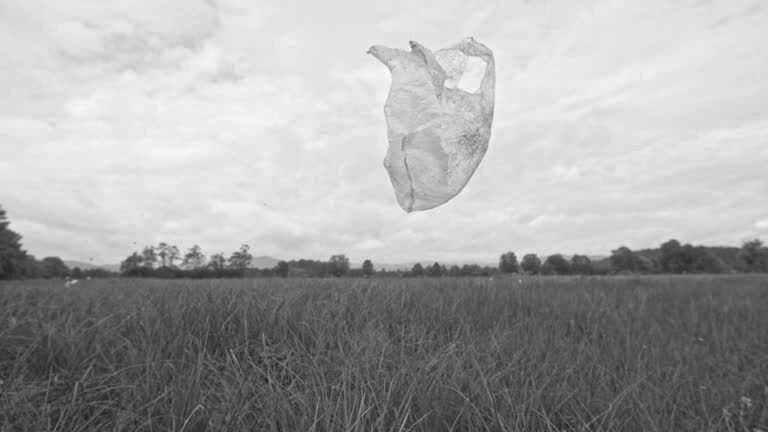From Tea Time to Terror (The Accent Agenda)
- Hamza Drioua
- Jan 25
- 2 min read

Villains, Accents, and Other Lazy Movie Tropes
You’ve noticed it, right? The moment a character in a movie starts speaking in a silky, menacing British accent, you just know they’re up to no good. It’s like a universal rule: the fancier the villain sounds, the more chaos they’re about to unleash. Scar from The Lion King? British. Darth Vader? British. That posh dude in every spy movie? Also, British.
But why? Why does Hollywood insist on making the bad guys sound like they’ve just stepped out of tea time?
The Accent of Suspicion
It all comes down to perception. British accents—especially the posh, upper-crust kind—carry a certain... authority. They make you sound smart, calculated, maybe even a little too put-together. And let’s be real: nothing’s scarier than someone who’s smarter than you and knows it. Add in some dramatic pauses and a menacing smirk, and boom, instant villain.
But there’s more. These accents also tap into stereotypes that have been around forever. To Americans (and much of the world), the British accent represents “the other”—something foreign, unfamiliar, even intimidating. Hollywood loves this shortcut: slap an accent on a character, and you don’t even have to explain why they’re evil. They’re not like us. And apparently, that’s enough.
Stereotypes: The Lazy Plot Device
This goes beyond accents. Think about it: villains are often marked by some “otherness.” Maybe it’s their accent, their appearance, or even where they’re from. They’re foreign. Unpredictable. Not part of the pack. It’s lazy storytelling, sure, but it works because humans are wired to fear what they don’t understand.
We do this in real life, too—judge people based on the surface stuff. Their clothes. Their background. Their choice of toppings on pizza. We take these little clues and use them to build entire narratives about who someone is, often without even realizing it. It’s like our brains are running on autopilot, filling in the blanks with assumptions we didn’t even know we had.
Beyond the Villain Voice
Here’s the thing: in movies, a British accent is harmless fun. But in real life? Stereotypes can box people in. They limit how we see others—and even worse, how we see ourselves. If you’ve ever been judged for your accent, your looks, or the way you carry yourself, you know how frustrating it is to have someone reduce you to a caricature.
But the good news? We’re not stuck in this cycle. Unlike movie scripts, real life isn’t written in stone. We can question our biases, challenge the lazy assumptions, and choose to see people for who they actually are, not the roles we’ve cast them in.
Final Thoughts
So, next time you hear a villain with a British accent, have a laugh—but also take a moment to think about the stereotypes we carry around every day. Are they fair? Are they helpful? Or are they just a shortcut we’ve been too lazy to question?
Because here’s the twist: life’s villains don’t always have perfect diction or a polished accent. Sometimes, they look and sound a lot like us. And maybe that’s the scariest thing of all.




Comments